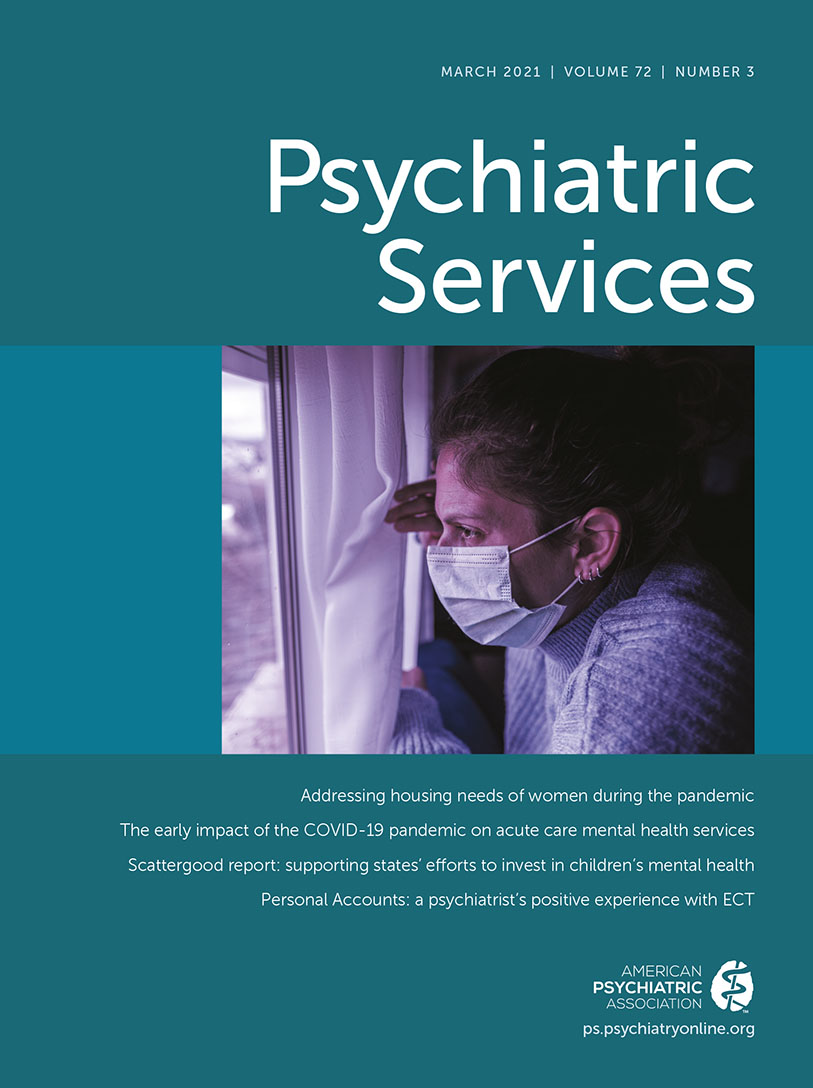U.S. Health Care Reform and Enduring Barriers to Mental Health Care Among Low-Income Adults With Psychological Distress
Abstract
Objective:
The author aimed to assess changes in mental health service use, unmet need for mental health care, and barriers to obtaining care among low-income adults after the implementation of the Affordable Care Act in 2014.
Methods:
Data on 15,968 adults with psychological distress and family income <100% of the federal poverty level were drawn from the National Survey on Drug Use and Health, 2009–2018. Health insurance coverage, contact with mental health services, unmet need for mental health care, and self-reported barriers to care were compared between 2009–2013 and 2014–2018.
Results:
Health insurance coverage increased between 2009–2013 and 2014–2018. However, mental health service use did not change, and unmet need for care modestly decreased. Financial barriers were common and did not change significantly over time. Attitudinal and structural barriers increased.
Conclusions:
Further efforts are needed to address the enduring barriers to mental health care among low-income adults.



